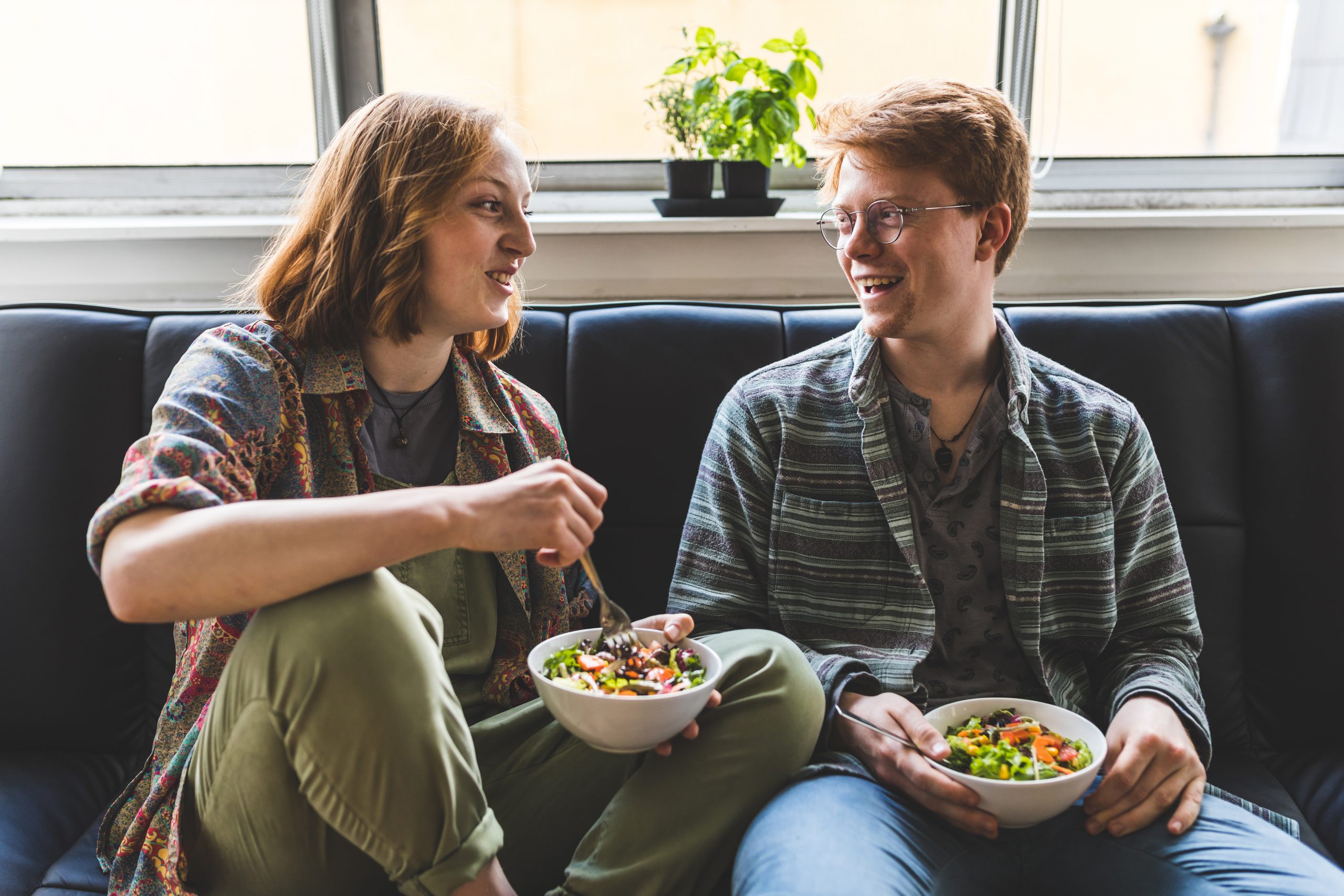
Wellbeing
Wellbeing can be affected by all manner of different things, for example: diet and lifestyle, workplace pressures and personal relationships.

There are many different ways to incorporate exercise in your life. Explore the benefits to an active lifestyle and how it can make a huge difference to happiness and wellbeing.
There are many benefits to an active lifestyle, but not everyone knows some of the not so obvious perks of an active lifestyle. Being regularly physically active really can make a huge difference to your happiness and wellbeing. It may also help you feel better about your appearance, boost your confidence, improve your self-esteem, energy and sleep as well as reduce your risk of stress and depression.
According to the NHS people can reduce their risk of major illness, such as heart disease, diabetes, cancer and stroke by up to 50% if they follow a recommended minimum of 150 minutes of exercise per week (that’s 30 minutes, 5 days a week).
Exercise and physical activity deliver oxygen and nutrients to your tissues and help your cardiovascular system work more efficiently. When your heart and lungs work more efficiently, you have more energy to go about your daily chores.
People who exercise regularly have a lower risk of many chronic diseases, such as heart disease, type 2 diabetes, stroke and some cancers. Regular physical activity can help you fall asleep faster and deepen your sleep.
Download this 7 days of movement interactive planner to kick start your good exercise habits
Exercise can help manage physical and mental stress. Physical activity stimulates various brain chemicals that can leave you feeling happier and more relaxed.
Exercise also releases endorphins, which create feelings of happiness and euphoria. Studies have shown that exercise can even alleviate symptoms of clinical depression and anxiety. For this reason, doctors recommend that people suffering from depression or anxiety (or those who are just feeling blue) pencil in plenty of gym time.
The Mental Health Foundation’s top tips for looking after your mental health include:
For further information on how to look after your mental health using exercise, see the Mental Health Foundation website.
Exercise and physical activity can be a fun way to spend some time. It gives you a chance to unwind, enjoy the outdoors or simply engage in activities that make you happy. Physical activity can also help you connect with family or friends in a fun social setting. So, take a dance class, hit the hiking trails or join a football team. Find a physical activity you enjoy that is achievable and sustainable. If you get bored, try something new.
The NHS recommends that in order to stay healthy, adults need to do two types of exercise each week, aerobic and strength exercises. Here are some suggestions for weekly exercise combinations that meet the NHS minimum guidelines:
or
or
Moderate exercise includes activities such as:
The Swimming.org website contains advice about a range of water-based activities including aqua aerobics and aqua zumba. For further information, including how to find your local pool, see the Swimming.org website.
Rambling clubs are not just for the super-fit, anybody who can walk can join a rambling club or association. For further information, including how to find a club in your local area, see the UK Walking and Rambling Clubs website.
Volleyball can be played both indoors and out, and is suitable for both able-bodied and disabled people. For further information, including how to find a club in your local area, see the Volleyball England website.
Basketball does not have to be played at a national or local level. Many clubs are made up of people who want to have fun and play recreationally. For further information, including how to find a club in your local area, see the Basketball England website.
Vigorous exercise includes activities such as:
Jogging or running helps to strengthen leg and abdominal muscles and also the cardiovascular system. For further information, including how to find your local running or jogging club, see the Run Together website.
The FA Just Play is a scheme that enables people of all abilities to participate in football. For further information, including how to find your local club, see The FA Just Play website.
Gymnastics requires no specialist equipment or skills, there are classes to suit all ages and abilities. For further information, including how to find your local club, see the British Gymnastics website.
Martial Arts covers a wide range of exercise, including Jiu-Jitsu, Kick Boxing and Taekwondo, and caters for all ages and abilities. For further information, including how to find your local club, see the Martial Arts Near You website.
Strengthening exercises involve using all of your muscles to improve overall strength. These exercises include activities such as:
When planning your exercise routine, do ensure that you allow time for rest as well; even elite athletes have rest days. Clearly, exercise is a good thing, however too much of a good thing can be harmful. Exercise releases endorphins, but people can become addicted to this ‘high’. Symptoms include:
For further information about exercise addiction, see the paitent.info website.
Depending on your ability, you can opt for a low impact yoga class or something a little more demanding. For further information, including how to find your local yoga class, see The British wheel of Yoga website.
Joining a national gardening club will allow you to meet with other people who share a love of gardening. For further information, including how to find your local club, see the National Garden Clubs website.
Netfit are involved in the education and training of fitness instructors and athletes. They have some free weight training exercises on their website.
The BBC has compiled an A-Z guide of more than seventy different activities complete with helpful tips and links. For further inspiration, see the BBC Sport Get Inspired website.
This page was last reviewed in March 2024.

Wellbeing can be affected by all manner of different things, for example: diet and lifestyle, workplace pressures and personal relationships.

Sleep is essential to the maintenance of physical and psychological health. Look at how you might be able to improve your quality and quantity of sleep.

Healthy eating is one of the factors that contribute to our wellbeing, but what constitutes a healthy diet? On this page you'll find lots of information and guidance to support you with nutrition and eating healthier in general.